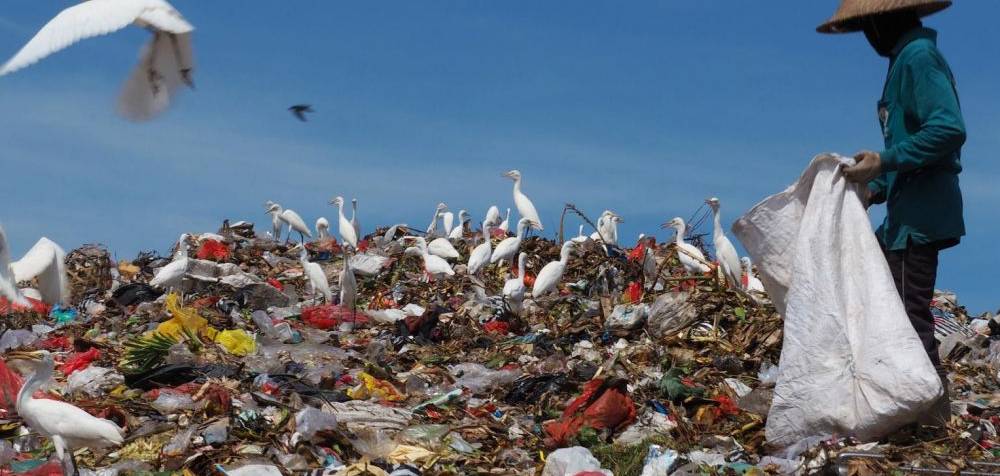
China begins its transition to plastic recycling.
In certain areas such as wind power or photovoltaics, China is far ahead of the rest of the world and very often occupies a leadership position. It's a little different when it comes to plastic recycling. It is only since 2019 that the Chinese authorities have decided to tackle this major problem in the country. Indeed, China is the largest producer and consumer of plastic in the world. The report on the environment is overwhelming. Each year, the Yangzi Jiang River carries 1.5 million tonnes of plastic that will flow into the ocean. It is to fight against this immense plastic pollution that private actors and public authorities have decided to act. the National Development and Reform Commission and the Ministry of the Environment announced in January 2020 a five-year plan to reduce plastic consumption by 30%.
Let us take, first of all, the example of a company which perfectly illustrates this awareness by transforming it into an economic and commercial opportunity: the company AOBAG. Created in 2017, this company aims to encourage the collection and promote the sorting and recycling of plastic. Previously reserved for garbage collectors only, the creators of this company started from the observation that it would be both more profitable and more efficient to involve Chinese citizens in the collection of plastic waste. For this, they imagined kinds of shops open 24 hours a day and equipped with bags bearing QR codes. Residents collect a bag, fill it with plastic waste and bring it back to a station in exchange for payment. For the moment deployed only in large test cities, this system is proving its worth. Residents of all ages, fervent environmentalists or not, play the game and concede, moreover, that it is more practical.
This idea is very popular with the Chinese authorities to the point of having invested in the company. They saw it as a way to make citizens aware of the importance of collecting and sorting plastic. A model of education which will surely supplant the simple fine imposed on those who do not carry out a correct sorting and will come to reduce illegal deposits.
One of the goals of the new laws developed by the government is the elimination of single-use plastics. This is not an obvious thing in a country where the ecological awareness of the population is much later than in the rest of the world. One of the very first challenges of the Chinese government is therefore to change mentalities, even if this will surely be easier with the young population who are more educated and more respectful of the rules.
Of course, progress is being made, regularly, in the field. But there is still a long way to go. An official who participated in the drafting of the laws concedes that: “the establishment of rules is not sufficiently monitored or supervised and that the country lacks a mechanism to supervise their implementation over the long term. "
Two sectors of activity are particularly in the sights of the Chinese government. These are home meal delivery and parcel delivery. These two activities represent a huge share of plastic use and therefore generate frightening amounts of plastic waste. These sectors worry the Chinese government all the more because it does not know how to control the constantly growing waste streams generated.
Since January 2021, plastic straws have been banned in the country as well as other utensils used in catering. It will not be easy for Péking, the challenges are numerous and sizeable, but things are progressing. In any case, the country has no other choice than to follow a movement initiated all over the world. The recycling of plastic waste will offer ever more commercial outlets. Chinese companies will seize it. Economic opportunism combined with increased education of the population could well help the Chinese government to accelerate and succeed in its ecological transition.
Posted on 2021-06-22 10:18








Comments